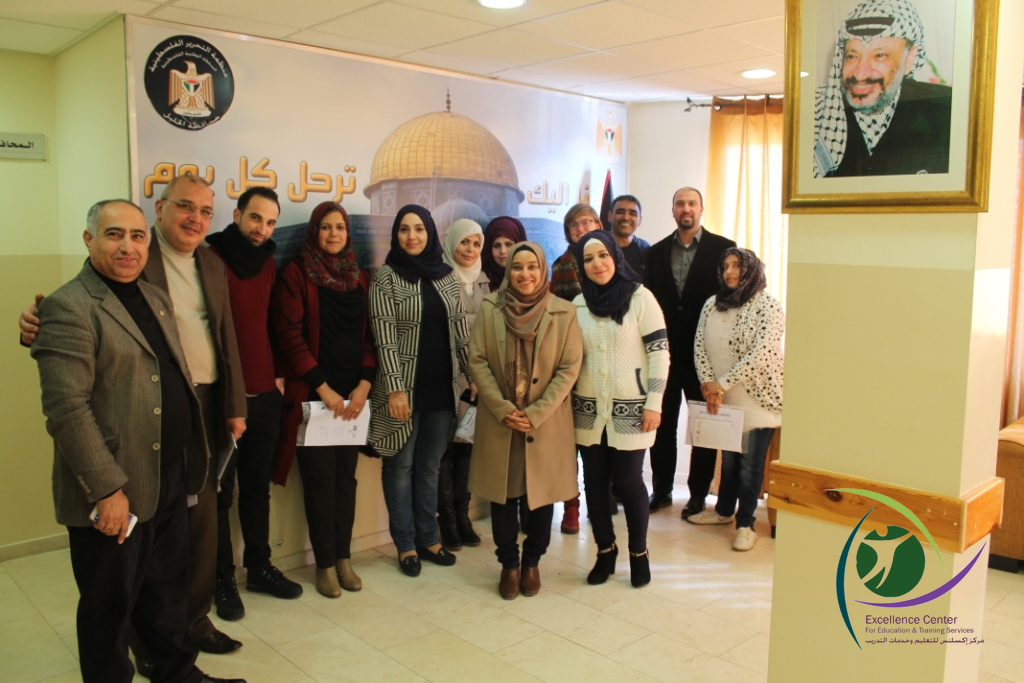5 Things to Know about the People of Palestine: When coming to Hebron, Palestine, to volunteer or intern with the Excellence Center – or for those coming to the West Bank, Palestine, on their own – international visitors will immediately be struck by a definitive culture and identity that is representative of the Palestinian people.
Western media can frame its profile of this distinct community often and only through the lens of the political conflict with Israel. In fact, Palestinians possess a rich societal history and exclusive personality that has been defining for generations. It can be argued that the strongest part of the history of Palestine is its people.
Table of Contents
5 Key Things to Know About the People of Palestine
1. Welcoming
From your first moments in Hebron and the West Bank, in General, you will likely be created by hellos and waves as residents are readily pleased to have visitors and very prone to say so. They will often cut to the chase: “Where are you from?” will be a recurring question. They genuinely want to know.
However, this inquisitiveness is only the beginning, as many invitations will soon follow. Whether it be into their shops for qahwah (coffee), onto a weekend bus bound for an epic hike at Jericho, or to their offices in the volatile H2 section of Hebron to discuss human rights, invitations from the community will come and at all levels of involvement.
As US volunteer Chris neared the end of his term with EC, Director Marwa Shantir invited him to her coming Spring wedding with Center co-director Osama Abu Hussein. “We would love to have you join us,” Marwa confided warmly.
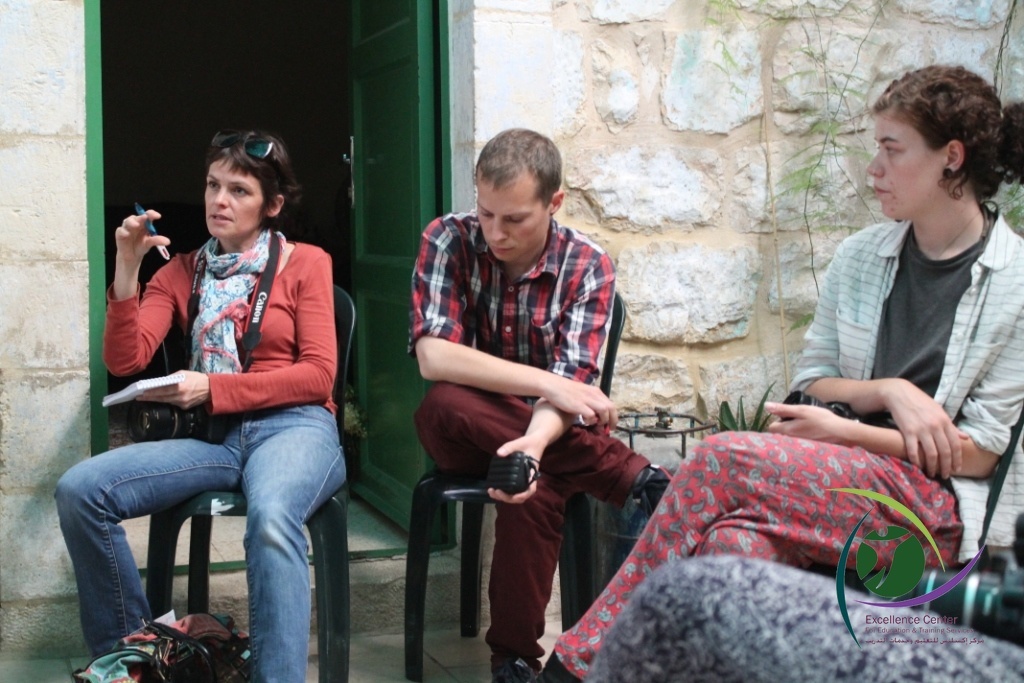
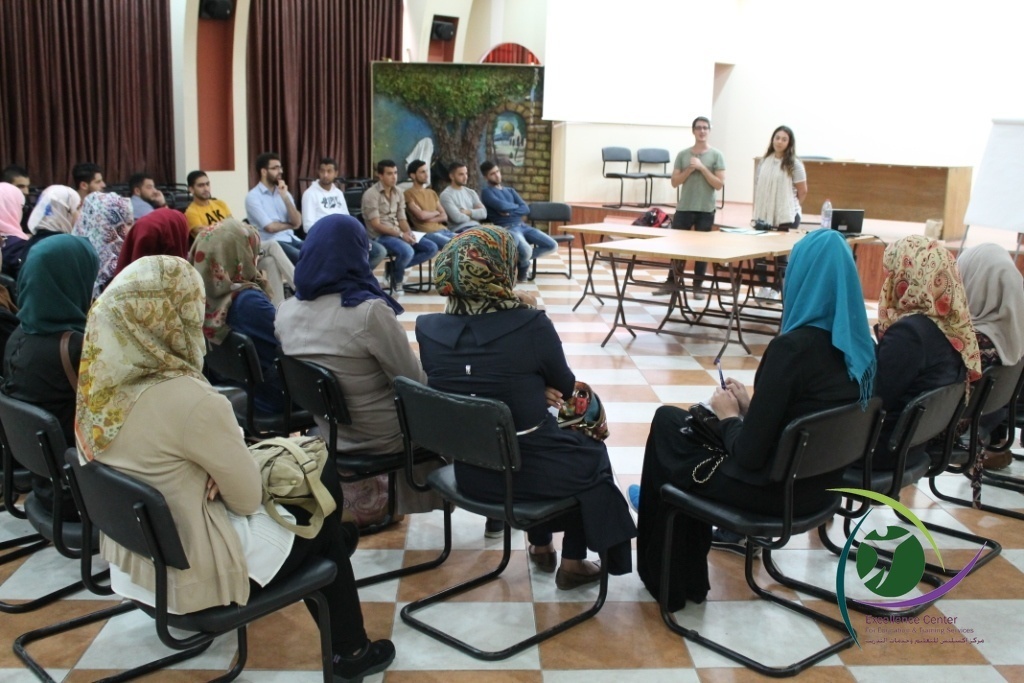
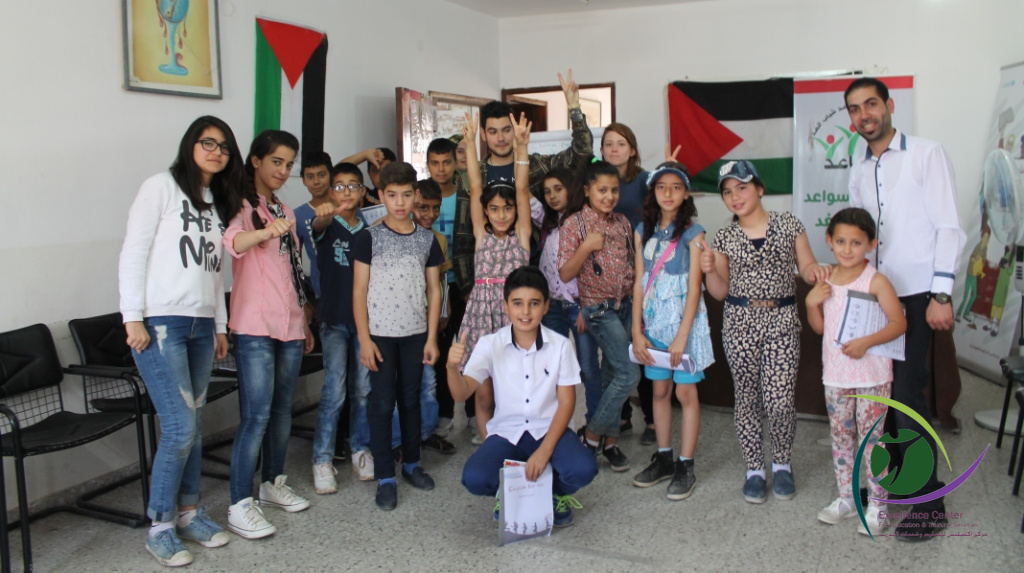
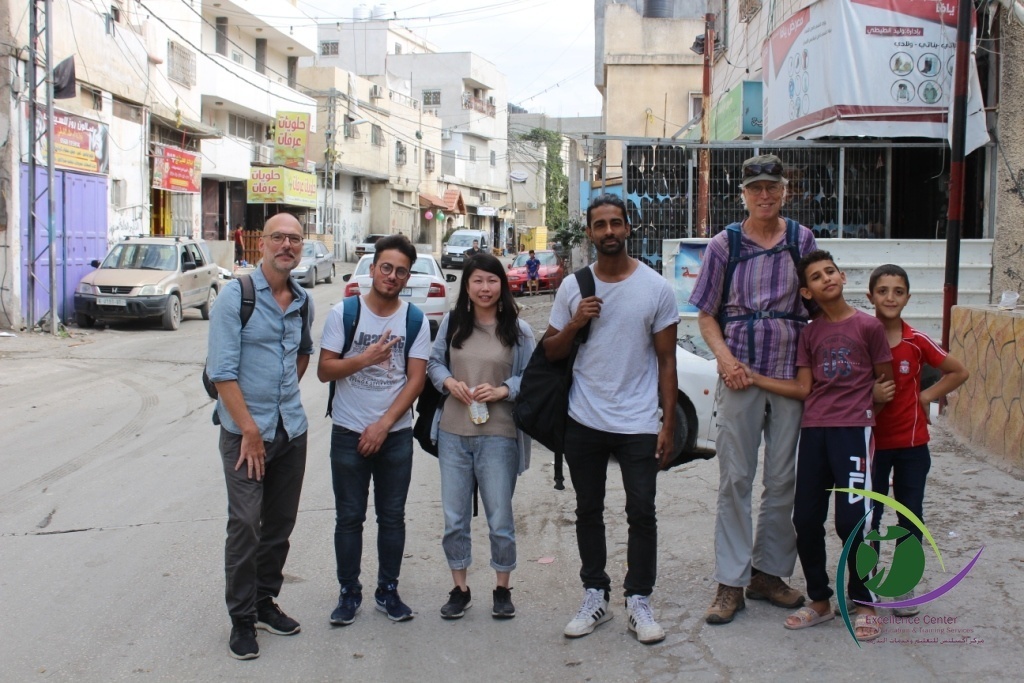
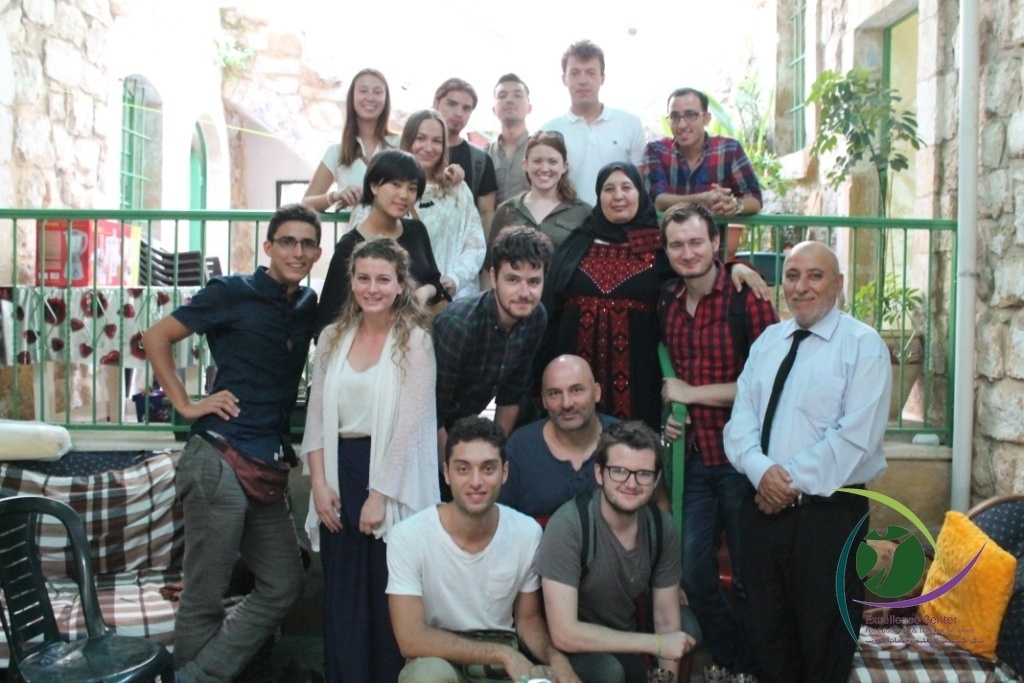
2. Dignified
This is another trait that hits visitors to the West Bank immediately – a palpable sense of honor and self-possession by the citizens, particularly the elders and the ambitious young women. While visiting the famous Al-Fawwar refugee camp south of Hebron in the Fall of 2019, the Excellence Center volunteers were introduced to a camp elder, Afef Atasha – the first practicing attorney from Al Fawwar – who presented the plight of his people and the request for tolerance in a manner that had the volunteers riveted.
On that same visit, the volunteers were also introduced to a group of young teenagers who presented with noted poise and grace. “They are quite something,” noted volunteer Yves from Canada. In carrying the recurring theme of impressive young women, an English language workshop at Hebron University, taught by EC volunteers, featured many women showcasing their ambitions along with this dignity. The confidence displayed by West Bank elders, women, and citizens in general is something of clear distinction to those visiting the West Bank for the first time.
3. Tolerant
“We have nothing against the people of Israel. The History of Palestine is that of Muslims, Christians, and Jews living together.” A version of this refrain can be heard often by the citizens of Palestine, particularly those who remember 1967 and before.
In Hebron and the West Bank, such thoughtful insistence is so recurring and emphatic as if to set the record straight. While Western media is ready to portray a divisive sectarian population, it is the pervasive tolerance – both as an ideal and a practice – that is the real takeaway from the Palestinian people.
4. Tech Savvy
Like everywhere else in the world today, smartphones abound in the West Bank, and it’s particularly gratifying to see imams and schoolgirls alike punching away on their mobile screens. More evident in Hebron, as in other Palestinian cities, is social media’s dominant role in telling and sharing stories. Whether it be a community hike to the famous Wadi Qelt or a football match at the practice pitches near Hebron University, photos and comments fly around faster than many tour buses or soccer balls. In fact, by comparison, the local citizens in Hebron are much more immediately dialed in than their Western counterparts volunteering at Excellence Center.
However, this technical familiarity can play a much more important role than simply chronicling an afternoon’s recreation. Local NGO Human Rights Defenders, through their smartphone campaign, the Capturing Occupation Camera Project, seeks to highlight human rights infractions specifically through this technology and access. Founder Badee Dwaik explains the importance of this modern approach: “The camera is our gun. We use it to shoot the Occupation.“
5. Memorable.
When you take all of the above and add a healthy dose of good humor along with almost tireless perseverance in the face of ongoing systematic repression, the Palestinian community is one you’ll remember long after your time here comes to an end. Whether it be the laughter and joy of the children, or the shared concern of a community elder, You will be moved by the palpable dignity and grace. You will learn from it. And more than the great Instagram posts of the Blue Valley, the Dead Sea, and all the holy sites that abound, the experience of the Palestinian people will stay with you.
Get Further Information
For more information, please visit our website: https://excellencenter.org/
Engage in Palestine: https://ecpalestine.org/
WhatsApp:+972 599 479 880
Instagram: https://www.instagram.com/excellence.center
Facebook page: https://www.facebook.com/ExcellenceCenter
Facebook account: https://www.facebook.com/RafatECHebron
Watch us on Youtube: https://www.youtube.com/channel/UCsQSLdFZWZcBm6Uj0XMYuKg
Visit and Explore Palestine: https://www.facebook.com/ExplorePalestine
